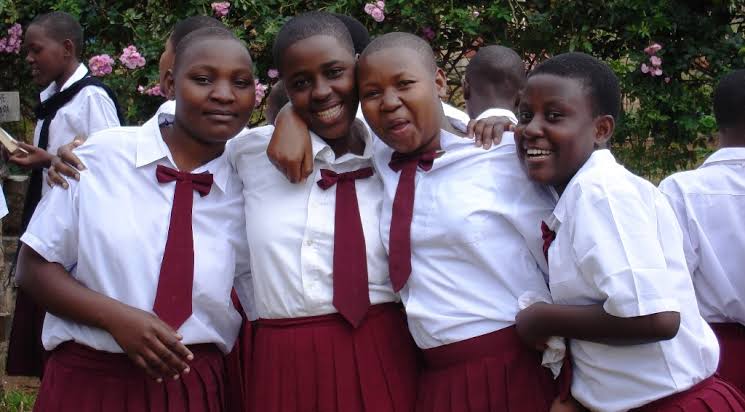A non-governmental organisation, Zonal Club of Ibadan 1, has trained no fewer than 200 secondary schoolgirls and 40 teachers on enhancing girls’ participation in Science, Technology, Engineering and Mathematics (STEM).
The President of the organisation, Dr Olajumoke Akere, made this known at the grand finale of an event tagged, “STEM Needs Girls and U Teach STEM”, in Ibadan on Sunday.
She said the training was geared toward bridging gaps in STEM fields.
Akere said that the organisation would strive to expand the scope of the training.
According to her, statistics has shown that only 28 per cent of females are into STEM professions globally, while gender gap is high and fast growing in computer science and engineering which are considered to be the dependable professions in future.
She added that the training was to encourage girls to take up careers in science, technology, engineering and mathematics to widen their intellectual horizons as well as achieve self-sustainablity.
“We believe that there is gender imbalance in these professions; hence, the need for more girls in STEM careers,” she said.
Akere said that the society would need to motivate and encourage girls to go into STEM.
“We believe that a career in STEM will help them to be contributive and productive to the society, themselves and global environment.
“If we look at the 21st century, one of the skills that are very important for any individual to have is Information and Communication Technology (ICT),” Akere said.
She suggested expansion of after-school and summer school opportunities for girls and provision of professional education to teachers, among others.
In a keynote address, the Director in-charge of ICT at the University of Ibadan, Mrs Abiodun Alao, called on governments to adequately fund ICT education and provide necessary facilities for schools.
“The major thing our government should do is to provide an enabling environment, and in doing so, the government needs to ensure that schools are well-funded.
“The truth is that ICT is capital intensive and it is not something some individuals or even some schools will be able to do successfully without the necessary financial backing from government.
“It is high time we had a stream or what we call the highline of intervention for ICT.
“Until the government gives this attention, schools will continue to struggle and develop at their own pace,” Alao said.
She said that girls could excel as much as boys.
The President-elect of the club, Mrs Temitayo Alabi, said that technology had been a powerful tool for development and had become more relevant for the future; hence, the need to empower girls to be able to handle what the world has in stock for tomorrow to develop things for themselves, the nation and the world at large,” Alabi said.
Some of the teachers who participated in the training held for four Saturdays, commended Zonta Club for exposing them to knowledge.
“I have become an advocate for students in my school, urging my colleagues to stop creating fear of any subject in students.
“We need to encourage girls into STEM fields, thereby simplifying mathematics and any other science subjects they have phobia for,” one of the teachers, Mrs Bola Olajoye, said.
Some of the students who participated at the training, Miss Darasimi Kolawole and Miss Esther Adetola, said they had been motivated to take up careers in STEM to be able to provide solutions to future problems.
The schools in attendance at the grand finale of the Club 1, 2020 to 2022 Biennial Programme are St. Anne’s School, Urban Day Secondary School, All Saints’ College, Tobi International School and Christ the King College, all in Ibadan.








